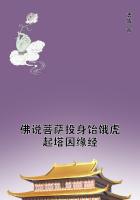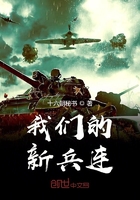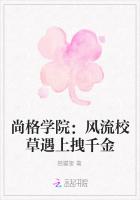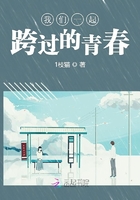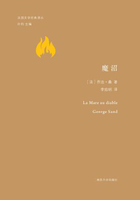In my fitful school-days I had written the usual compositions, which had been praised in the usual way, and while working in the jute mills I still made an occasional try. The factory occupied thirteen hours of my day, and being young and husky, I wanted a little time for myself, so there was little left for composition. The San Francisco Call offered a prize for a descriptive article. My mother urged me to try for it, and I did, taking for my subject "Typhoon off the Coast of Japan." Very tired and sleepy, knowing I had to be up at half-past five, I began the article at midnight and worked straight on until I had written two thousand words, the limit of the article, but with my idea only half worked out. The next night, under the same conditions, I continued, adding another two thousand words before I finished, and then the third night I spent in cutting out the excess, so as to bring the article within the conditions of the contest. The first prize came to me, and the second and third went to students of the Stanford and Berkeley Universities.
My success in the San Francisco Call competition seriously turned my thoughts to writing, but my blood was still too hot for a settled routine, so I practically deferred literature, beyond writing a little gush for the Call, which that journal promptly rejected.
I tramped all through the United States, from California to Boston, and up and down, returning to the Pacific coast by way of Canada, where I got into jail and served a term for vagrancy, and the whole tramping experience made me become a Socialist. Previously I had been impressed by the dignity of labour, and, without having read Carlyle or Kipling, I had formulated a gospel of work which put theirs in the shade. Work was everything. It was sanctification and salvation. The pride I took in a hard day's work well done would be inconceivable to you. I was as faithful a wage-slave as ever a capitalist exploited. In short, my joyous individualism was dominated by the orthodox bourgeois ethics. I had fought my way from the open west, where men bucked big and the job hunted the man, to the congested labour centres of the eastern states, where men were small potatoes and hunted the job for all they were worth, and I found myself looking upon life from a new and totally different angle. I saw the workers in the shambles at the bottom of the Social Pit. I swore I would never again do a hard day's work with my body except where absolutely compelled to, and I have been busy ever since running away from hard bodily labour.
In my nineteenth year I returned to Oakland and started at the High School, which ran the usual school magazine. This publication was a weekly--no, I guess a monthly--one, and I wrote stories for it, very little imaginary, just recitals of my sea and tramping experiences.

